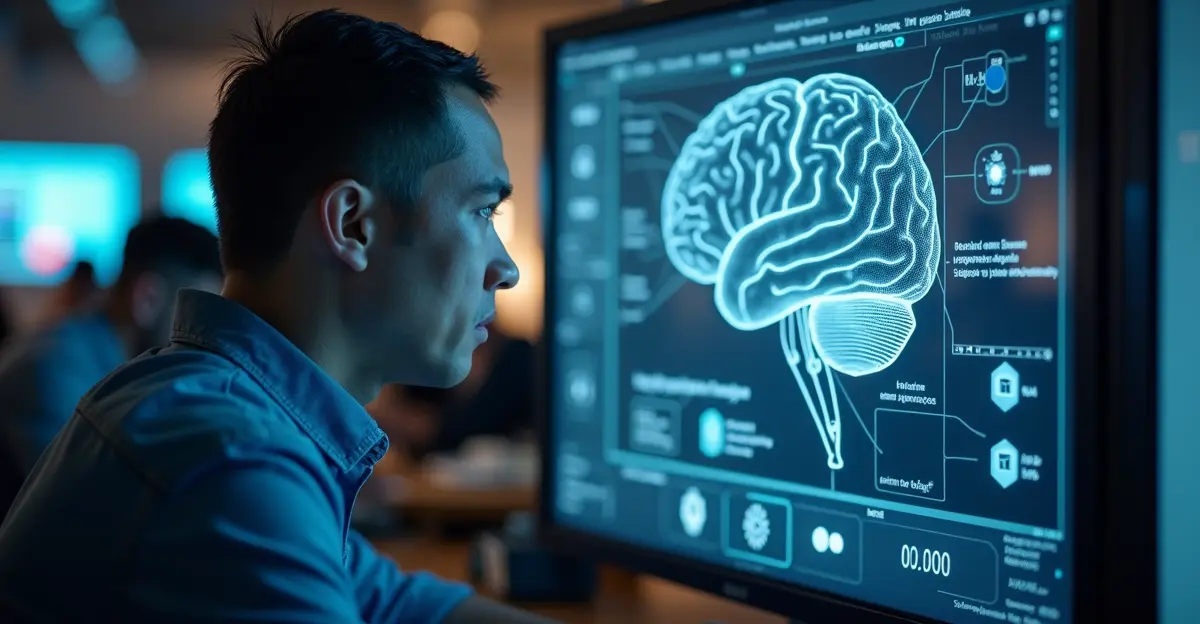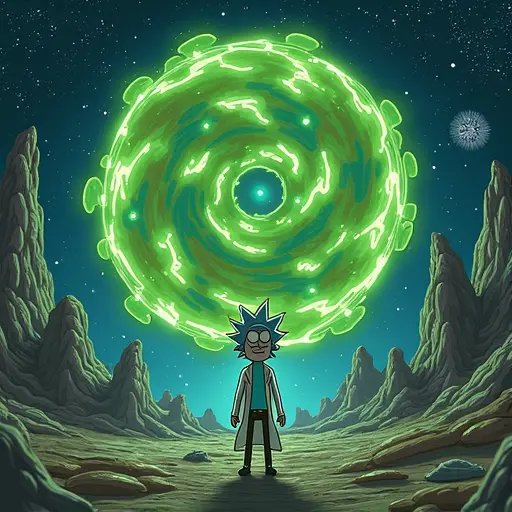
Major Advances Reshape Quantum Landscape
Tech giants Microsoft, Google, and IBM have announced significant quantum computing breakthroughs in early 2025, accelerating the race toward practical quantum systems. Microsoft unveiled its Majorana 1 processor using topological qubits, while Google's Willow chip demonstrated unprecedented computational speed. IBM continues advancing its superconducting quantum roadmap, though Nvidia CEO Jensen Huang remains skeptical about near-term viability.
Microsoft's Topological Leap
Microsoft's Majorana 1 chip leverages exotic quantum states called Majorana particles to create inherently stable qubits. CEO Satya Nadella announced: "We've engineered a new state of matter using topoconductors." This approach embeds error correction directly into hardware, potentially solving quantum computing's greatest challenge - maintaining qubit stability. The topological design could enable million-qubit processors previously considered theoretical.
Google's Computational Milestone
Google's Willow processor completed a calculation in 4.7 minutes that would require 10 septillion years on today's fastest supercomputer. The chip also features scalable error correction that improves as qubits increase. Google claims this dual breakthrough addresses two fundamental barriers that have hindered quantum development for decades.
IBM's Steady Quantum March
IBM continues refining its superconducting transmon qubits, with CEO Arvind Krishna emphasizing their decade-long commitment: "Quantum is an engineering challenge, not just science." IBM's quantum systems remain accessible via cloud platforms, allowing real-world experimentation. Krishna believes quantum will complement rather than replace classical computing, accelerating discoveries in materials science and pharmaceuticals.
Industry Skepticism Persists
Despite these advances, Nvidia CEO Jensen Huang predicted at CES 2025 that "meaningful quantum applications remain 15-30 years away." His skepticism highlights ongoing challenges: quantum systems require near-absolute-zero temperatures, and real-world applications beyond specialized calculations remain limited. Industry leaders will convene at Nvidia's inaugural Quantum Day to address these hurdles.
The Path Forward
Government investments in quantum technology now exceed $30 billion globally, with China, the US, and EU leading funding. Universities are launching dedicated quantum engineering programs to address the talent shortage. While timelines for commercialization vary, 2025 has proven pivotal for demonstrating quantum computing's physical feasibility at scale.

 Nederlands
Nederlands
 English
English
 Français
Français
 Deutsch
Deutsch
 Español
Español
 Português
Português









